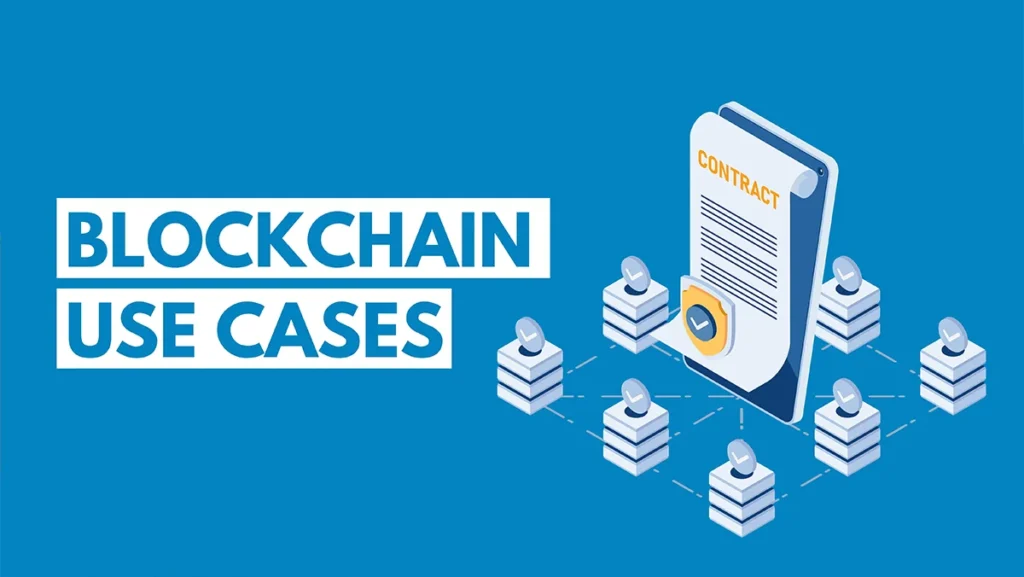Blockchain technology has emerged as one of the most transformative innovations of the digital age. Beyond its association with cryptocurrencies like Bitcoin, blockchain can change various industries and processes. This article will analyze various blockchain use cases, showcasing how this technology drives innovation and efficiency across different sectors.
Introduction to Blockchain Technology
Before exploring blockchain use cases, let’s establish a foundational understanding of blockchain technology. A blockchain is a decentralized, distributed ledger that records transactions across multiple computers to ensure immutability and transparency. Each transaction, or “block,” is linked to the previous one, forming a chain. This structure makes altering or tampering with data extremely difficult, making blockchain a secure and trustworthy system.
Blockchain Use Cases
Blockchain technology has far-reaching implications and can be applied to various domains. Here are some popular blockchain use cases:
1. Cryptocurrencies
Cryptocurrencies were the first and most well-known application of blockchain technology. Bitcoin, Ethereum, and many other cryptocurrencies depend on blockchain to facilitate secure, peer-to-peer transactions without intermediaries like banks. This use case has disrupted the traditional financial sector and provided an alternative form of digital currency.
2. Supply Chain Management
Blockchain is being used to enhance transparency and traceability in supply chains. Companies can record every step of a product’s journey on a blockchain, from its origin to its final destination. This ensures that consumers can verify the validity and origin of products, helping to avoid illegal goods and ensuring product quality.
3. Smart Contracts
Smart contracts are self-executing agreements with the terms of the contract directly written into code. These contracts automatically execute when predefined conditions are met, eliminating the need for intermediaries. Industries such as real estate, insurance, and legal services are exploring using smart contracts to streamline and automate processes.
4. Healthcare
In healthcare, blockchain can securely store and share patient records, ensuring data integrity and privacy. Patients can grant access to their medical history to authorized healthcare providers, leading to better coordination of care and improved patient outcomes.
5. Voting Systems
Blockchain has the potential to revolutionize voting systems by providing a secure and transparent platform for elections. Votes are recorded on the blockchain, making it nearly impossible to manipulate or screw with the results. This could enhance the integrity of elections and increase voter trust.
6. Intellectual Property Protection
Artists, writers, and creators can use blockchain to prove ownership of their intellectual property, such as music, art, and written works. This can help prevent copyright theft and ensure creators receive fair compensation.
7. Cross-Border Payments
Blockchain technology simplifies cross-border payments by reducing the time and cost associated with traditional banking systems. It enables faster and more cost-effective international money transfers, benefiting businesses and individuals.
8. Food Safety
Food traceability is a major concern, and blockchain can improve it significantly. Consumers can trace the origin of food products, making it easier to identify and address contamination issues or recalls.
9. Real Estate Transactions
Blockchain can streamline real estate transactions by providing a transparent and secure ledger for property ownership records. Smart contracts can automate the transfer of property titles, reducing the need for intermediaries and minimizing the risk of fraud.
10. Identity Verification
Blockchain technology can enhance identity verification processes. Individuals can securely store their personal information on a blockchain, granting them control over who can access their data. This can be particularly useful for identity verification in online services and reducing identity theft.
11. Notarization and Legal Documents
Blockchain-based validation ensures the integrity and authenticity of legal documents. By time-marking documents on a blockchain, individuals and organizations can prove the existence and content of agreements, wills, or copyrights at a specific time.
12. Intellectual Property Licensing
Blockchain can change intellectual property licensing and royalty tracking. Artists and content creators can receive instant and transparent compensation when their work is used or sold. Smart contracts automate the royalty distribution process, ensuring fair compensation.
13. Energy Trading
In the energy sector, blockchain enables peer-to-peer energy trading. Producers of renewable energy, such as solar panel owners, can sell excess energy directly to consumers via blockchain-based platforms, reducing reliance on centralized energy providers.
14. Charity and Aid Distribution
Blockchain technology can ensure transparency in charity and aid distribution. Donors can track how their contributions are used, and aid recipients can receive funds directly without intermediaries taking a portion.
15. Gaming and Digital Assets
Blockchain has found applications in the gaming industry, allowing players to securely own and trade in-game assets. Non-fungible tokens (NFTs) are a prime example, representing unique digital assets such as digital art, collectables, and virtual real estate.
16. Music Streaming and Royalties
Blockchain can address issues of royalty distribution in the music industry. Musicians can receive their fair share of streaming revenue through transparent and automated smart contracts, reducing clashes and ensuring timely payments.
17. Environmental Conservation
Blockchain technology is being used for environmental conservation efforts. It can track and verify the authenticity of sustainable products and certify carbon offsets, promoting eco-friendly practices.
18. Government and Public Records
Governments are exploring blockchain for maintaining public records and improving transparency. Birth certificates, land titles, and voting records can be securely stored and accessed on a blockchain, reducing bureaucracy and fraud.
Summary
Blockchain technology is much more than just the foundation of cryptocurrencies. Its decentralized and transparent nature offers various blockchain use cases across various industries. From enhancing supply chain transparency to changing how contracts are executed, blockchain is ready to transform how we conduct business and manage data.
As blockchain technology evolves and gains adoption, businesses, governments, and individuals need to explore its capacity applications and use its power to work for innovation, security, and efficiency. The versatility of blockchain ensures that its impact will be felt across a wide spectrum of industries, making it an exciting and transformative technology for the future.







